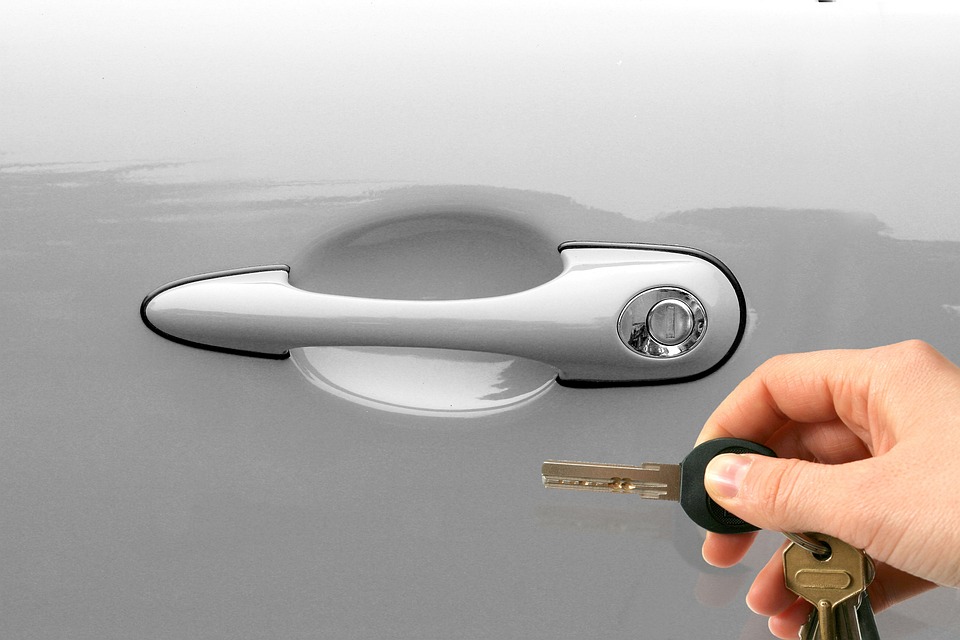Is A Business Car Lease Right For Your Business?
If you’re considering acquiring a vehicle for your newly-started business, a business car lease may be worth considering. It can provide the vehicles needed without breaking the bank and offer key advantages. But is it a good choice for your circumstances? Well, that’s what we will explore in this article. Let’s dive in!
What Is Business Car Leasing?
Business car leasing is a financing option for businesses looking to acquire vehicles without the hassle of legal ownership. Instead of purchasing the vehicle outright, companies lease them from a dealership or third-party provider over an agreed period of time.
During this period, the business pays regular lease instalments. And at the end of the contract, they can either extend their lease or return the vehicle and take out a new one.
Advantages Of Business Car Leasing
There are several advantages to leasing a vehicle for business purposes. For an in-depth discussion, you can follow this link to learn more about the pros and cons of a car lease. But for now, here are a few brief considerations to keep in mind:
1. Payment Schedule
One of the main advantages of a business car lease is that you can spread out your payments. This makes it easier to manage your cash flow while still having access to the vehicle you need. On the contrary, when taking out a loan to buy a car, you will typically need to make an upfront payment of a large sum and then commit to making monthly payments over the course of one to seven years.
2. Tax Advantages
Another major benefit of leasing is tax advantages. Depending on your situation, you may be able to deduct a portion of the lease payments from your business taxes.
This is because under certain circumstances, a lease can be treated as an operating expense rather than capital expenditure if the vehicle is used for business purposes only.
So make sure to talk to your accountant about what options are available for you.
3. Lower Risk
Leasing a vehicle has lower risk than with traditional financing. By signing a lease, you’re not committing to keeping the car for any specific period of time — you can return it at the end of your term if it no longer fits your needs.
Downsides Of Business Car Leasing
With so many advantages, business car leasing may seem very attractive. But before you sign the line, here are some cons you should consider as well:
1. Higher Total Cost
One downside of leasing is that it typically costs more in the long run than traditional financing. This is because you’re not paying for ownership; instead, you’re renting the car from a dealership or third-party provider.
As a result, your monthly payments may be higher than if you were to purchase the vehicle outright.
2. No Ownership Rights
When you lease a car, you don’t acquire any ownership rights. Meaning the vehicle remains the property of the leasing company and must be returned at the end of your term.
This means that if you’re looking for more long-term flexibility or plan on using the vehicle for an extended period of time, purchasing it outright may be a better option.
3. Mileage Restrictions
Leasing companies typically impose mileage limits on vehicles. This means that you may have to pay extra for any additional miles you drive. If your business relies heavily on vehicle use, this could significantly increase the cost of leasing a car.
To Lease Or Not To Lease?
Now that you have a good understanding of the pros and cons of leasing a car for business purposes, it’s time to decide if this is the best option for your company.
Ask yourself the following questions to help determine if taking out a business car lease is the right choice for you:
1. How Long Do You Anticipate Using The Car?
Your business may need a car for a short period. For example, if you’re in the middle of a major project or need to cover a specific area for a limited time, leasing might be the right option.
However, if you anticipate needing the car for more than a year or two, then the total cost of leasing may be more than if you were to purchase the car.
2. Do You Want To Save On Upfront Costs?
Leasing is a great way to save on upfront costs. You don’t have to worry about making a large down payment or paying for registration and insurance fees.
3. Are You Planning On Growing Your Business?
If you plan on growing your business in the near future, then leasing may be the best option for you. This is because you don’t have to worry about being stuck with a vehicle that doesn’t fit your needs as the lease term comes to an end.
For example, suppose you lease a minivan for your business. If you decide to
expand in a year or two and need a larger vehicle, you can simply return the van and sign another lease contract with a larger car.
4. Do You Have A Good Credit Score?
Leasing typically requires good to excellent credit. If your business has a low credit score, you may not qualify for traditional leasing plans or the interest rates could be significantly higher than if you had better credit.
5. Will You Be Able To Meet The Mileage Requirements?
As mentioned earlier, leasing companies typically impose mileage restrictions on their vehicles.
If you anticipate needing more miles, make sure you find out what that will cost and determine whether you can afford it.
Final Thoughts
In conclusion, whether or not leasing a car is right for your business depends on several factors. Be sure to weigh the pros and cons carefully before making your decision.


















